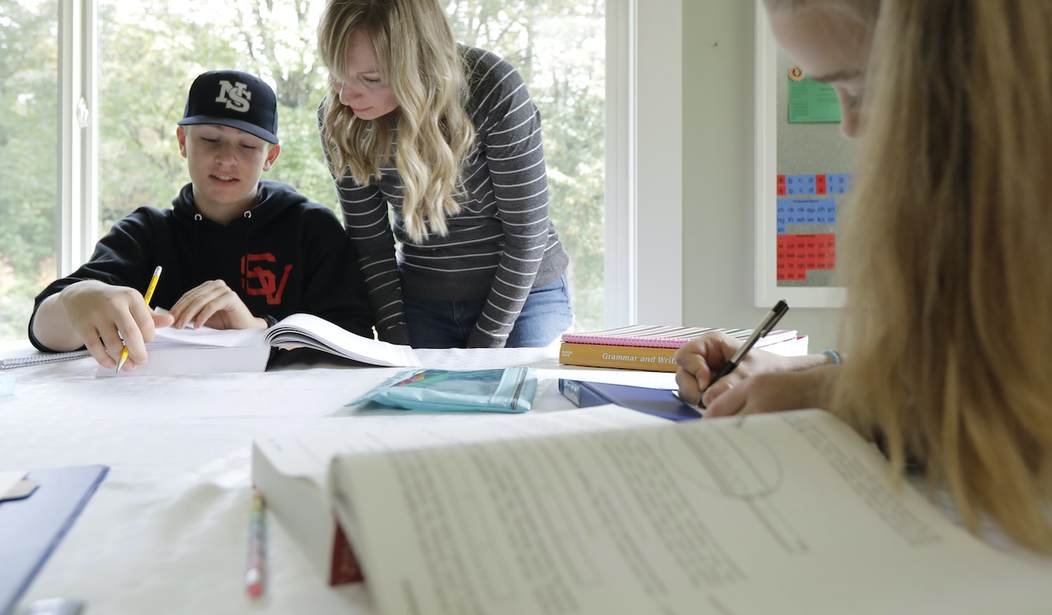The Initial findings on students’ reading and math achievement during the pandemic have generally been surprisingly positive. Test scores for reading are about the same as for in-person classes while math scores have gone down slightly.
But the study by the testing nonprofit NWEA, which covers about 4.4 million students from grades three through eight, failed to include many students in “marginal” groups, including the poor and minorities. They may have less access to the internet and were therefore not measured.
The data at the heart of NWEA’s report come from what’s known to teachers and children alike as the MAP Growth test — a check-in assessment used to measure kids’ math and reading skills that’s generally given three times a year, in fall, winter and spring.
While millions of students took these MAP tests in the winter of 2020, few took them again in the spring as schools raced (and many struggled) to provide learning online. But this fall, nearly 4.4 million children did take the test, either from home or back in a classroom. And the results give researchers a vital new data point: a measure of where students are right now.
The way the data was studied was somewhat unique. Researchers took MAP test scores from one group of kids from the fall of 2019 and compared them to scores from fall of 2020, using an entirely different group of kids.
Tarasawa tells NPR that with this method of comparison, the results in reading were “relatively optimistic” because “kids on average are performing similarly to how [other children] did pre-pandemic.” In math, the current pandemic class of students performed about 5 to 10 percentile points lower than the pre-pandemic comparison group — what Tarasawa describes as a “moderate” drop.
It’s important to note that about a quarter of all students did not take the MAP test this fall. The hodge-podge of online and in-person learning for kids means that a lot of children slipped through the cracks.
The researchers realize what they’re missing and are recommending that remedial work in many subjects proceed once the schools return to some semblance of normalcy.
Mitigating the learning loss that is happening will still require patience and a thoughtful approach, says Aaliyah Samuel, NWEA’s executive vice president of government affairs and partnerships.
“Addressing the unfinished learning is going to be a matter of time. We really need to be thinking about the supports and interventions for kids over at least a two- or three-year runway.”
Given that many kids have probably disengaged entirely from the learning experience, it seems an impossible task. Researchers are making several recommendations including extending the school year and building an army of volunteer tutors. But the important thing these children have lost is time. We don’t send our kids to school only to learn. The educational experience is what matters.
And that’s something you can’t “make up” in any real sense.










Join the conversation as a VIP Member